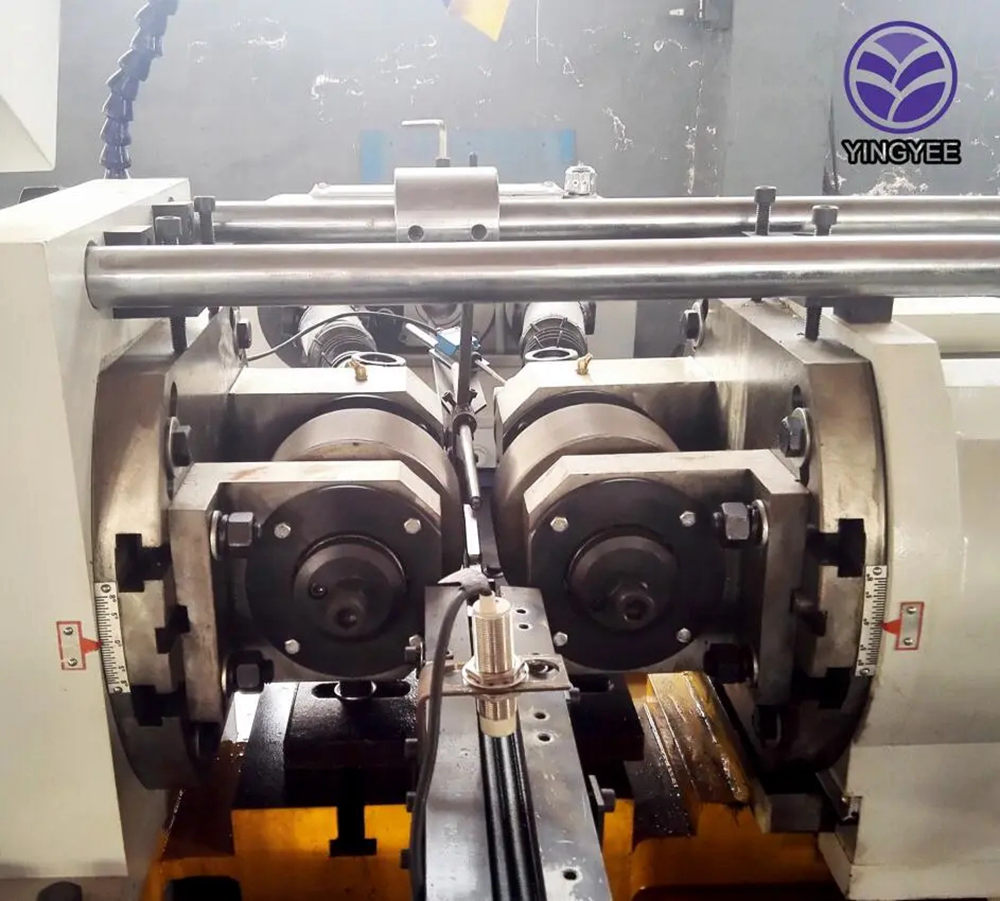
The Evolution and Impact of Steel Framing Machines in Construction
In recent decades, the construction industry has undergone a remarkable transformation, primarily driven by advancements in technology and materials. One of the most significant developments has been the introduction of steel framing machines, which have revolutionized the way buildings are constructed. These machines have not only enhanced efficiency and precision but also contributed to the overall sustainability of construction practices.
What Are Steel Framing Machines?
Steel framing machines are specialized equipment designed to automate the process of creating steel frames for buildings. They utilize a combination of cutting, bending, and assembling technologies to produce steel components that serve as the skeletal structure of a building. The automation of this process significantly reduces labor costs and construction time, enabling faster project completion.
The technology behind these machines has evolved over the years. Early versions relied heavily on manual inputs and were limited in their applications. However, contemporary steel framing machines incorporate advanced robotics, computer numerical control (CNC), and CAD (computer-aided design) systems. These innovations allow for high levels of customization, enabling builders to create complex designs effortlessly.
Advantages of Steel Framing Machines
1. Efficiency and Speed One of the primary advantages of steel framing machines is their ability to significantly speed up the construction process. Traditional framing methods often involve manual labor that can be time-consuming and prone to errors. In contrast, machines can produce frames faster and with greater accuracy, reducing the overall timeline of construction projects.
2. Cost-Effectiveness By automating the framing process, companies can minimize labor costs and reduce waste. Steel is a recyclable material, and using machines to create precise cuts and assemblies leads to less scrap material, making the process more economical. Furthermore, the reduction in construction time allows for quicker project turnover, enhancing profitability.

3. Enhanced Precision Steel framing machines offer unparalleled precision in the manufacturing of steel components. With CNC technology, every cut and bend is executed with exact measurements, ensuring that all pieces fit together perfectly on-site. This level of accuracy minimizes the need for adjustments and rework, which can be both time-consuming and costly.
4. Sustainability As the construction industry becomes increasingly focused on sustainability, steel framing machines play a vital role. The steel used in framing is often recycled, and the efficiency of machine production reduces the demand for raw materials. Additionally, enhanced precision minimizes waste, making the entire process more environmentally friendly.
5. Versatility Steel framing machines can be used for a variety of applications, from residential buildings to commercial complexes and industrial facilities. Their adaptability allows builders to tackle diverse projects and implement innovative designs that were previously difficult to achieve with traditional methods.
Challenges and Considerations
Despite the numerous benefits that steel framing machines offer, there are still challenges to consider. The initial investment in such advanced technology can be significant, which may deter some small or medium-sized construction firms. Moreover, training personnel to operate these machines effectively is essential to maximize their potential. As with any automated process, the human component remains critical in overseeing operations and handling unexpected issues.
The Future of Steel Framing Machines
As technology continues to advance, the future of steel framing machines looks promising. Integration with artificial intelligence (AI) and machine learning could lead to even greater efficiencies and smarter automation processes. Additionally, with the growing emphasis on sustainable construction, steel's inherent characteristics as a durable and recyclable material will likely keep it at the forefront of building practices.
In conclusion, steel framing machines are reshaping the landscape of the construction industry. Their ability to enhance efficiency, reduce costs, and promote sustainability positions them as a vital asset for modern builders. As technology progresses, it is clear that steel framing machines will continue to play a critical role in transforming how we approach construction, paving the way for innovative designs and sustainable practices in the future.